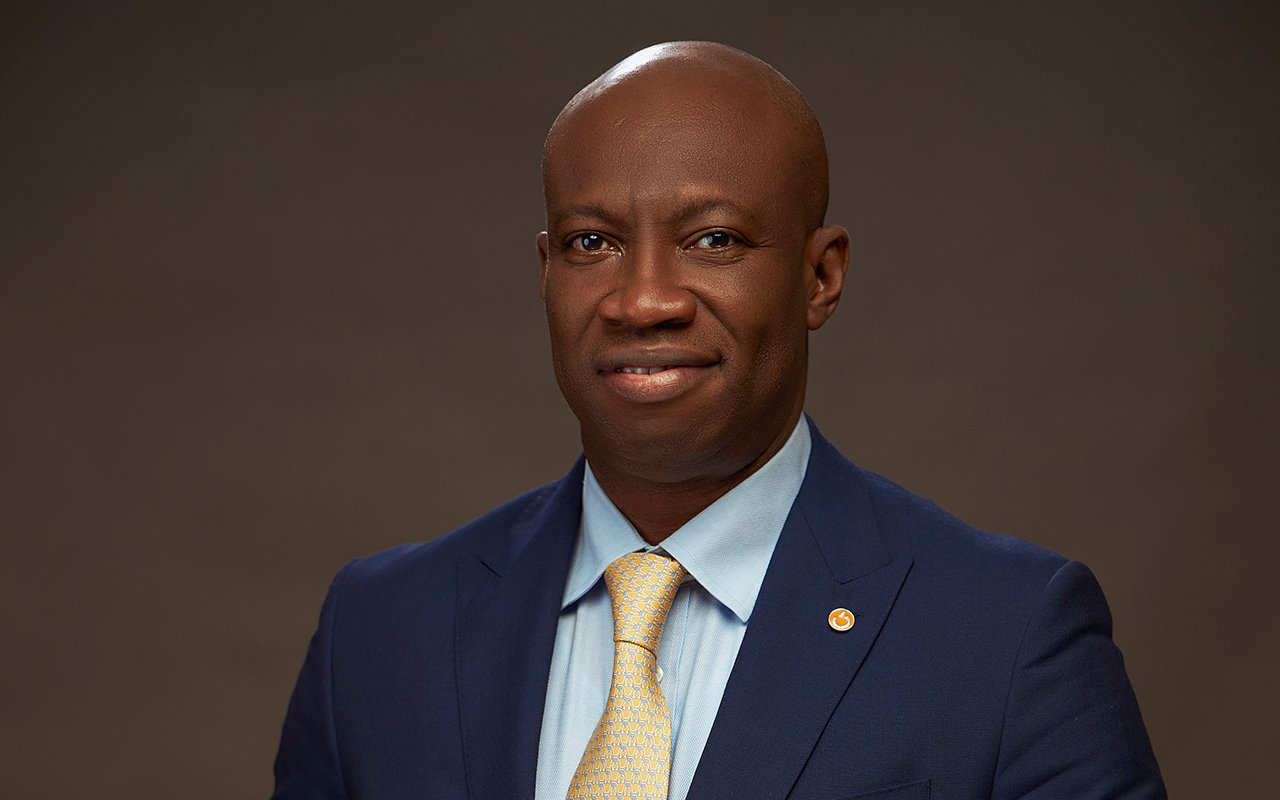Nigeria’s energy landscape is at a critical point, with only about 58 per cent of its population connected to the grid. In this interview with ISAAC CHIBUIFE, the Managing Director/Chief Executive Officer of Transafam Power Limited, Vincent Ozoude, speaks on the generating companies’ (GENCO) role in bridging the energy gap in the country.
Transafam Power Limited and Transcorp Power Plc collectively deliver about 20 per cent of Nigeria’s installed capacity. What major challenges did you surmount to achieve this?
Nigeria’s power sector is grappling with tonnes of challenges. One of these is liquidity issues. The GENCOs are being paid only about 27 to 30 per cent of their invoices by the market. Thanks to President Tinubu for his resolve to settle the legacy debt of N4 trillion being owed to the GENCOS.
Apart from the liquidity issues, the volatility of the foreign exchange, which keeps fluctuating and skyrocketing, is another snag. It impacts on our ability to procure spare parts and schedule the maintenance of our turbines as and when due. GENCOs’ struggle to raise funding and foreign exchange to execute the power plant Inspection or outages.
When an outage is planned at a certain cost, considering the exchange rate fluctuations, by the time the project is to begin with equipment capital parts purchased, the exchange rate would have increased, making GENCOs look for more money than budgeted to complete the project.
Then we talk about fuel gas for thermal generation companies. Fuel gas is about 60 per cent of the feedstock for gas-fired thermal power generation. Although Nigeria is the richest in natural gas resources in Africa, more investment needs to be made to unlock the bottlenecks around gas availability and supply for power generation needs by drilling new gas wells, work over and recovery of old gas wells to enhance gas production, facility upgrade and more gas transportation infrastructure networks.
There is also a lot of force majeure around gas transportation, with vandalism often seen on some gas lines, especially in the eastern part of the Nigerian gas market. We also have a challenge of gas quality and pressure constraints.
We urgently need to upgrade obsolete evacuation and transmission infrastructure. This makes power evacuation a challenge, especially in the rainy season, with a lot of limitations, up to transmission lines snapping in some instances. This limits our ability to produce or wheel more power to the grid for consumption.
With gas supply issues persistently hampering Afam’s operations, what innovative partnerships or technologies is Transafam deploying to ensure stable feedstock for Transcorp’s plants?
We recently made a strategic move to optimise the utilisation of some of our turbines. With the gas issues we currently experience in Afam, by resilient thinking, we have temporarily moved our Trailer Mounted turbines to our sister plant, Transcorp Power Pic, which has more gas availability to produce power till the gas situation improves in Afam.
We also work with gas stakeholders and various OML operators that produce gas around the Eastern gas market on project initiatives that can recover more gas from the wells, transport the gas and develop more gas processing facilities to improve supply.
We are adapting some technologies of the OEMS of our gas turbines that support running machines at low gas pressure to an appreciable extent. We are incorporating this into our plant generation equipment upgrade plan.
What specific regulatory changes should be prioritised to unlock Nigeria’s gas and renewable potential?
Nigeria has huge potential to excel, and it would be incorrect to say the regulatory agencies, such as NERC, are not making an effort to improve the business environment in the sector that can aid improved power generation and across the value chain.
However, we must consider formulating policies that can enable GENCOs within the proximity of gas wells to be allowed to invest in drilling and open up wells for the purpose of power generation, and in return, can be given priority of gas supply to the power plants.
Some more incentives can also be given for those interested in gas investment for power generation. There should also be encouragement for renewables. They should be given offtake guarantees for the renewables potential to develop and play in this space.
How does Transafam align its operations with ‘Africapitalism’ to ensure local communities benefit from energy projects?
First, let me explain the concept of Africapitalism, a coinage by Tony Elumelu, Chairman, Transcorp Group. It is essentially an economic philosophy that promotes the idea that Africa’s private sector can and should be the primary driver of the continent’s development, creating both economic prosperity and social wealth.
We live out this belief in our business operations, starting from our locale. We are active players in schemes that benefit the community, including providing our immediate communities with access to electricity. Power is a key driver for ‘Africapitalism’ and any business venture; hence, we identify the power that electricity wields in achieving our mission to Improve Lives and Transform Africa.
We also collaborate with the Rural Electrification Agency. And with the new electricity act, we are now working with some states’ Ministry of Power and Energy in their quest to ensure access to electricity to communities.
Ozoude, a global innovator and leader in transforming energy, continues to champion innovative energy solutions through Transafam Power. He has remarkable experience in the Energy sector with an impeccable quest to deliver lasting, positive impacts in the energy sector.
Indeed, the Transafam Power model demonstrates that Nigeria’s energy crisis is solvable through indigenous innovation, strategic integration, and relentless execution. The GENCO lights a path not just for Nigeria, but Africa in the commitment to achieve a lasting solution for reliable and accessible power to the continent.
*Originally published on The Guardian by Isaac Chibuife
https://guardian.ng/business-services/transafams-model-demonstrates-nigerias-power-crisis-is-solvable/


